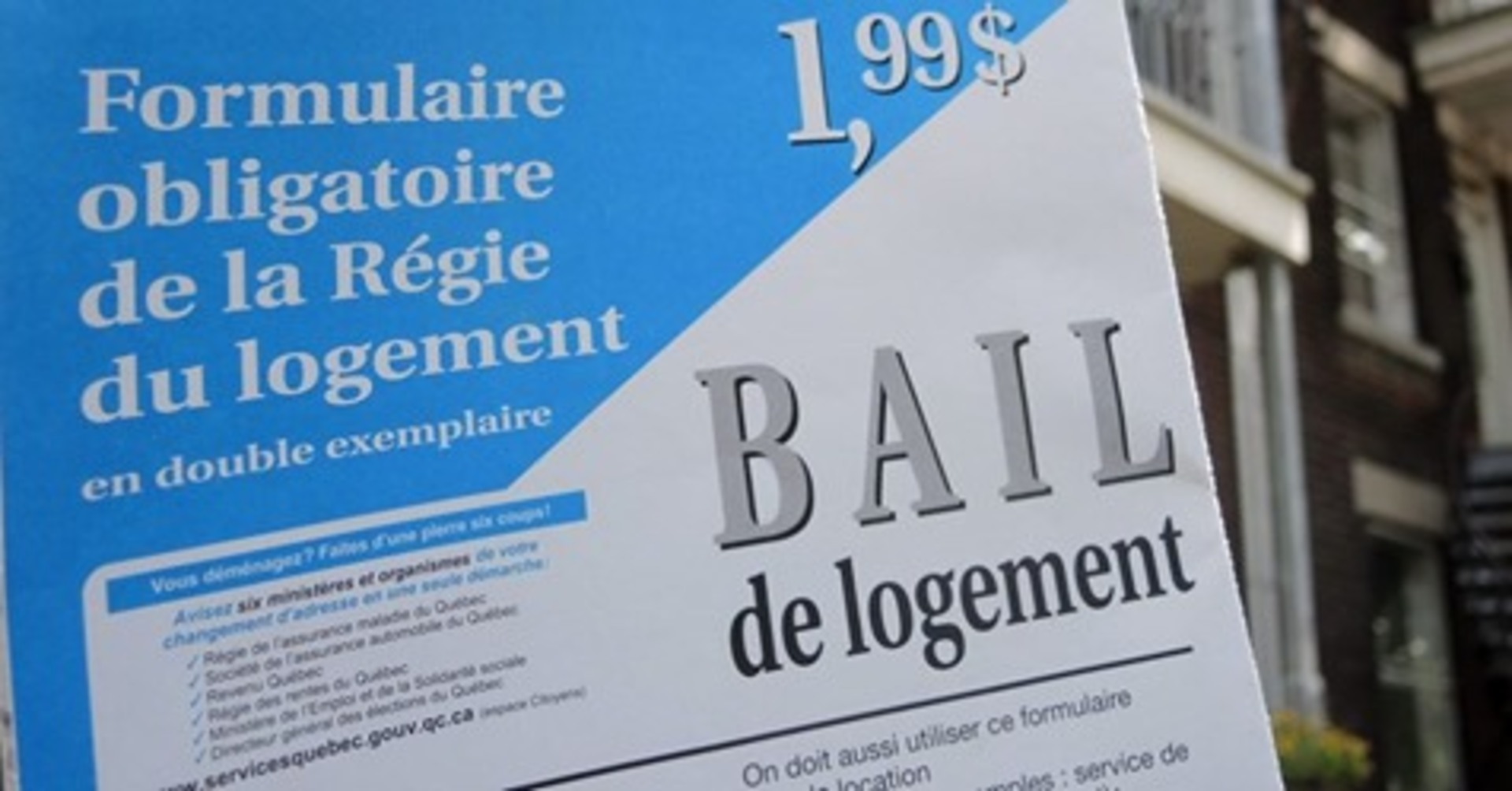Rental security deposits are legal, Quebec landlords' association says (but they're not!)
14 Aug 2020
A Quebec landlords’ association announced on Wednesday that it thinks it has found a legal means to seek a security deposit from potential tenants, so long as that deposit is paid in a “free and voluntary” manner. But tenants’ rights advocates are already saying the Corporation des propriétaires immobiliers du Québec (CORPIQ) is simply trying to sidestep the law.
CORPIQ is basing its announcement on a rental board ruling in February that found the Civil Code provision outlawing security deposits could be waived if the would-be tenant freely decided to submit one.
The landlords’ group said it would propose its members include a form with a lease giving potential tenants the option of paying a deposit that would be used to cover unpaid rent or damage to the rental property.
CORPIQ said “the security deposit … would become a legal tool if it was offered as part of the alternatives offered to the tenant,” and that the number of complaints from landlords to the rental board for unpaid rent or property damage would be reduced if security deposits were collected.
However, two major tenants’ groups say CORPIQ has engaged in an “extrapolation” of the rental board decision that is “very worrisome.”
“The law is very clear: security deposits are illegal and they didn’t suddenly become legal overnight,” said Maxime Roy-Allard of the Regroupement des comités logement et associations de locataires du Québec (RCLALQ).
Roy-Allard said many tenants would simply agree to the illegal deposit, knowing that if they refused they would be denied a lease.
The same reaction was offered by the Front d’action populaire en réaménagement urbain (FRAPRU), which said CORPIQ’s interpretation would “incite landlords not only to ask for a security deposit, but even demand it.”
“We’re in a context where tenants are so desperate,” said FRAPRU spokesperson Véronique Laflamme. “Tenants have their backs to the wall at the moment. Many are ready to do anything to sign a lease. … It’s often not voluntary, but tenants have no other choice.”
That situation leads Laflamme to question whether any such consent would be given freely and voluntarily, especially when many tenants have no idea of their rights. She added that access to housing is already difficult, with tenants being discriminated against or simply unable to afford high rents.
Both tenants’ groups are urging the Quebec government to send a clear signal that would avoid a sudden wave of requests for security deposits.
Quebec housing minister Andrée Laforest declined to be interviewed on the subject.
But in a statement issued after CORPIQ’s announcement, the Régie du logement noted that a landlord “cannot solicit, claim or ask” for any money other than rent on the property.
The board acknowledged that the ruling cited by CORPIQ did allow a tenant to waive the ban on paying a security deposit, but that any such renunciation must be “clear, unequivocal and in circumstances where it could not be concluded there was a certain form of demand on the part of the landlord or of fear on the part of the renter.”
